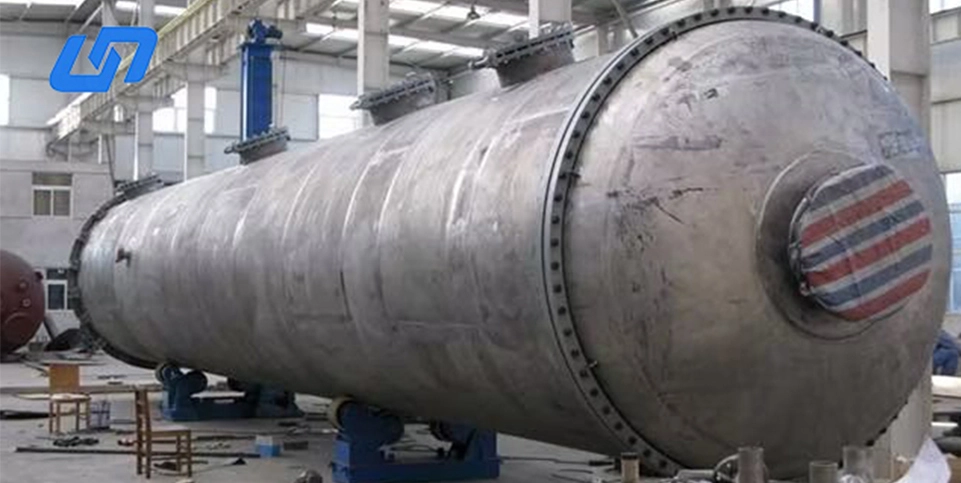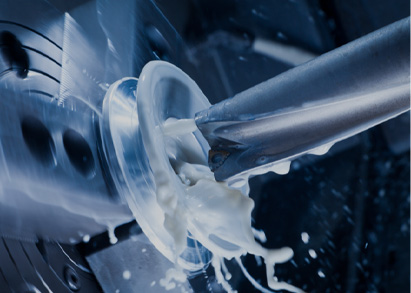The choice of form depends on factors such as the specific electrochemical reaction, the required surface area, the geometry of the electrolyte cell, and the desired efficiency. Additionally, coatings of noble metals like platinum, ruthenium, or iridium oxide are often applied to these titanium forms to enhance their electrocatalytic properties and improve their performance in various electrochemical processes.

 English
English  한국어
한국어  Deutsch
Deutsch  Español
Español  العربية
العربية  русский
русский 












